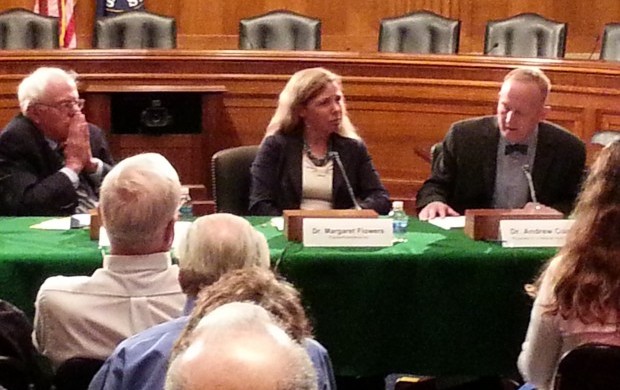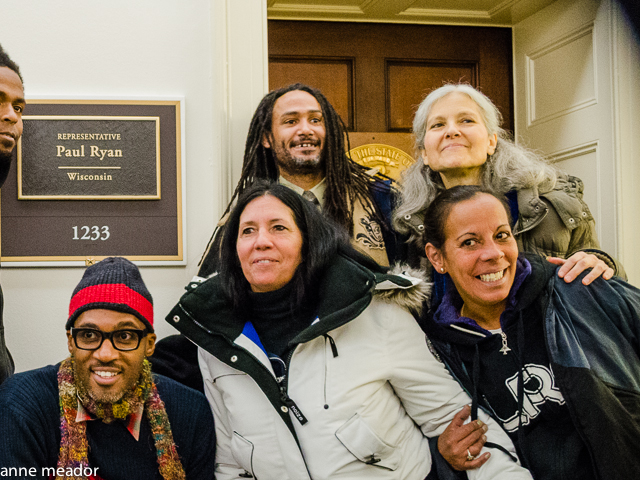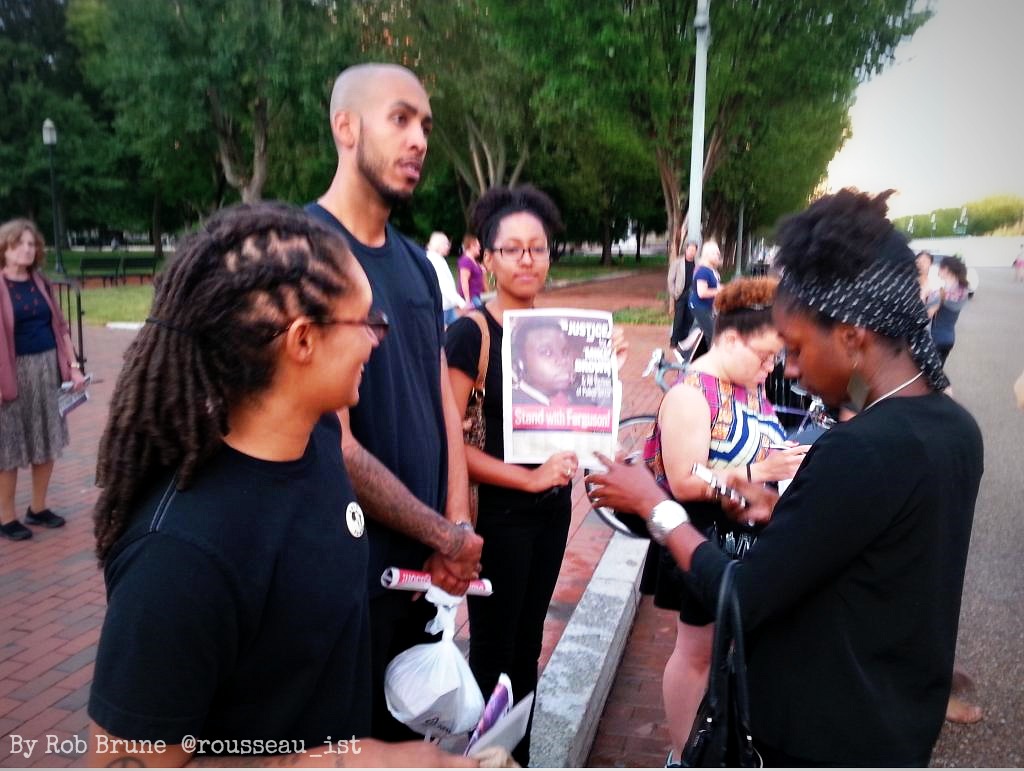At a panel hosted by Senator Bernie Sanders (I-VT) on Capitol Hill today, advocates for single payer healthcare criticized the current system in the U.S. as inefficient, expensive and delivering poor results in comparison to wealthy nations who offer universal health coverage to their citizens.
“We have a completely irrational system. Every other industrialized nation has proven outcomes at less cost,” said Robert Weissman of advocacy group Public Citizen.
The U.S. is one of few industrialized countries which doesn’t offer universal healthcare to its citizens. Weissman and other panelists cited high rates of infant mortality and shortened life expectancy for poor women, even as the U.S. far outspends other countries for healthcare.
In one respect, however, the American healthcare system is unbeatable.
“It’s not true to call healthcare in America a failure,” said Gerald Friedman, Professor of Economics at the University of Massachusetts at Amherst. “It’s very successful, just not at providing healthcare, but at making profits.”
The heart of the problem is the damaging trend of privatization which began in the 1980’s, pitting profit-making enterprises against the public good.
“Costs have been completely out of control, and the plan is to shift those costs onto individuals,” said Dr. Andrew Coates of Physicians for a National Health Program.
Friedman said access to healthcare in the U.S. is rationed by commodifying it. Thirty percent of Americans have difficulty accessing heathcare, even if they have health insurance. Only four percent of people have difficulty getting healthcare in countries with a single payer system, where government foots the bill for healthcare costs.
Access to healthcare can also be regarded as a moral issue, according to Michael Lighty, Director of Public Policy for National Nurses United. He said that nurses want to be caregivers and exercise their clinical judgment on behalf of patients “under a single standard of high quality.” Market-based healthcare makes that impossible, and the Affordable Care Act has not been a solution. Under the ACA, he said, we have a tiered system with services according to ability to pay.
Far from being a step toward a single payer system, as many supporters claim, the Affordable Care Act further entrenches private health insurance. “Our market-based system will continue to increase healthcare spending, leave people out and result in poor health outcomes because the bottom line is profit, not health,” said Dr. Margaret Flowers, a physician and organizer of Popular Resistance. “Until we change this fundamental dynamic, we will continue to fail to significantly improve the health of our population.”
Poor patients living in Dr. Coates’ area near Vermont can’t afford premiums and co-pays. “What we’re finding is, visits to the ER are going down, while admissions to the hospital are going up. Patients are coming in much sicker.” From his point of view, wealth inequality is leading to a breaking point. “There are hideous disparities. We concentrate on the top one percent or top one-thousandth of one percent, but the poor are getting poorer,” he said. “Income inequality creates its own crisis. At some point, something’s got to give.”
He thinks that establishing healthcare as a right for all is the remedy. “It would be liberating,” he said. “We deserve basic human dignity, and we should all be free. It would change our basic political culture.”
Panelists seemed to agree that a grassroots political movement is needed to achieve universal healthcare under a single payer system, a goal which they view as part of a broader struggle.
“Winning single payer will do all kinds of things to advance social justice, because for one it eliminates industry control of an entire sector of the economy,” said Robert Weissman. “Single payer means we’re all in it together. We believe we’re here to take care of each other.”
Senator Sanders called single payer a political and economic issue. “We are taking on obviously very powerful special interests,” he said, “who believe that the function of healthcare is for insurance companies, drug companies and medical equipment suppliers to make as much money as they possibly can.” He believes that the public supports single payer, but mainstream media limits debate and promulgates anti-government sentiment.
Along with others on the panel, Dr. Flowers believes that progress will be driven from the bottom up. “A national single payer health system will come from steadfast determination and strategic organizing and action,” she said. “Single payer is never going to be put on the table by people in this town when we have a plutocracy. It’s going to be put on the table by us.”
Archived video of Single Payer Summit here.






